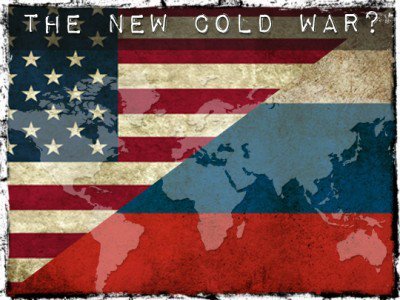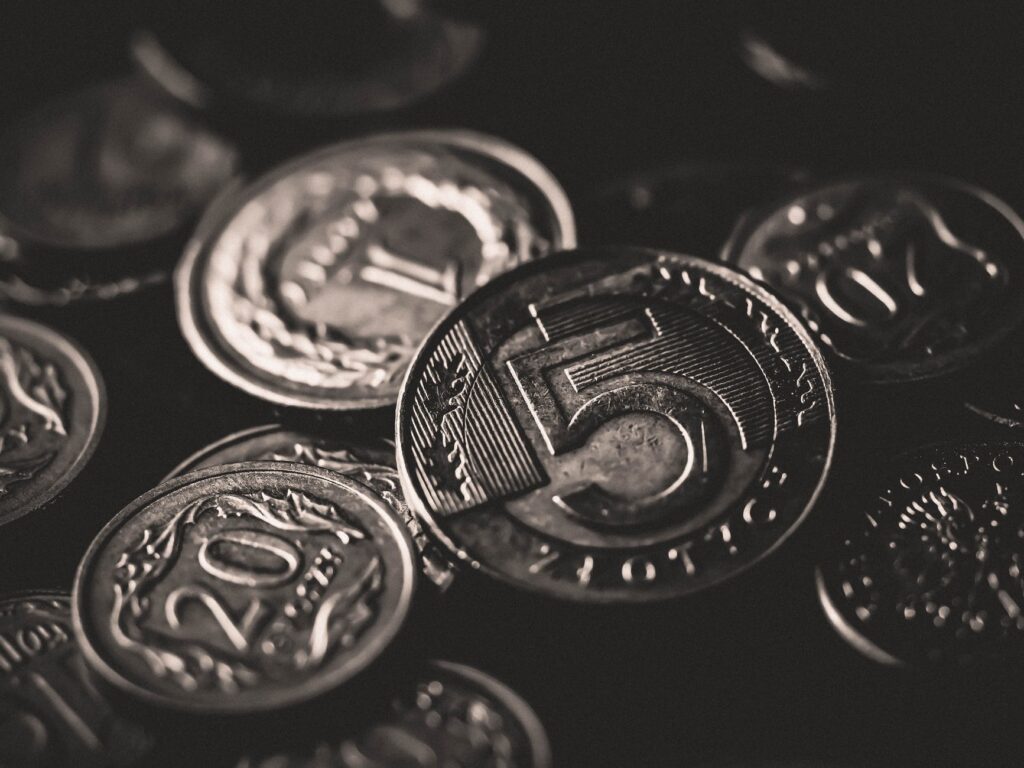
By Arnaud Bertrand, Tablet, 5/24/22
Arnaud Bertrand is an entrepreneur and commentator on economics and geopolitics. He founded HouseTrip and Me & Qi.
Remember the claims that Russia’s economy was more or less irrelevant, merely the equivalent of a small, not very impressive European country? “Putin, who has an economy the size of Italy,” Sen. Lindsey Graham, R-S.C., said in 2014 after the invasion of Crimea, “[is] playing a poker game with a pair of twos and winning.” Of increasing Russian diplomatic and geopolitical influence in Europe, the Middle East, and East Asia, The Economist asked in 2019, “How did a country with an economy the size of Spain … achieve all this?”
Seldom has the West so grossly misjudged an economy’s global significance. French economist Jacques Sapir, a renowned specialist of the Russian economy who teaches at the Moscow and Paris schools of economics, explained recently that the war in Ukraine has “made us realize that the Russian economy is considerably more important than what we thought.” For Sapir, one big reason for this miscalculation is exchange rates. If you compare Russia’s gross domestic product (GDP) by simply converting it from rubles into U.S. dollars, you indeed get an economy the size of Spain’s. But such a comparison makes no sense without adjusting for purchasing power parity (PPP), which accounts for productivity and standards of living, and thus per capita welfare and resource use. Indeed, PPP is the measure favored by most international institutions, from the IMF to the OECD. And when you measure Russia’s GDP based on PPP, it’s clear that Russia’s economy is actually more like the size of Germany’s, about $4.4 trillion for Russia versus $4.6 trillion for Germany. From the size of a small and somewhat ailing European economy to the biggest economy in Europe and one of the largest in the world—not a negligible difference.
Sapir also encourages us to ask, “What is the share of the service sector versus the share of the commodities and industrial sector?” To him, the service sector today is grossly overvalued compared with the industrial sector and commodities like oil, gas, copper, and agricultural products. If we reduce the proportional importance of services in the global economy, Sapir says that “Russia’s economy is vastly larger than that of Germany and represents probably 5% or 6% of the world economy,” more like Japan than Spain.
This makes intuitive sense. When push comes to shove, we know there is more value in providing people with the things they really need to survive like food and energy than there is in intangible things like entertainment or financial services. When a company like Netflix has a price-earnings ratio three times higher than that of Nestlé, the world’s largest food company, it’s more likely than not a reflection of market froth than of physical reality. Netflix is a great service, but as long as an estimated 800 million people in the world remain undernourished, Nestlé is still going to provide more value.
All of which is to say that the current crisis in Ukraine has helpfully clarified how much we’ve taken for granted the “antiquated” side of modern economies like industry and commodities—prices for which have surged this year—and perhaps overvalued services and “tech,” whose value has recently crashed.
The size and importance of Russia’s economy is further distorted by ignoring global trade flows, in which Sapir estimates that Russia “may account for maybe as much as 15%.” While Russia is not the largest producer of oil in the world, for example, it has been the largest exporter of it, ahead even of Saudi Arabia. The same is true for many other essential products such as wheat—the world’s most important food crop, with Russia controlling about 19.5% of global exports—nickel (20.4%), semi-finished iron (18.8%), platinum (16.6%), and frozen fishes (11.2%).
Such commanding importance in the production of so many essential commodities means that Russia, like few other countries on the planet, is in many respects a linchpin of the globalized production chain. Unlike “maximum sanctions” on a country like Iran or Venezuela, attempting to cut the Russian link has meant and will likely continue to mean a dramatic reorganization of the global economy.
Now that President Joe Biden has publicly renounced America’s decades-old policy of “strategic ambiguity” with regard to Taiwan, it’s worth thinking about what China’s economy looks like when we remove the same blinkers with which we’d always viewed Russia. If we consider the Chinese economy based on exchange rates—by simply converting China’s GDP from Chinese yuan to U.S. dollars—it is valued at about $17.7 trillion (as of 2021), compared to $23 trillion for the United States and $17 trillion for the European Union.
But if we adjust for PPP, we see that the Chinese economy reached almost $27.21 trillion in 2021, compared with $20.5 trillion for the EU and $23 trillion for the United States. In terms of PPP, in fact, China’s economy overtook America’s back as much as six years ago.
And what if we reduce the proportional importance of the service sector relative to industry and commodities? Services account for approximately 53.3% of China’s GDP, even less than in Russia (56.7%). If we roughly apply Sapir’s ratio of doubling the valuation of the nonservice sector to China, we may have to consider that in a very real and relevant way, the Chinese economy accounts for something like 25%-30% of the global economy on a PPP basis, rather than the current estimates of 18%-19%. That would put the combined Chinese and Russian economies at about 30%-35% of the global economy (again, adjusting for PPP and the overvaluation of the service sector)—a behemoth and likely unsustainable challenge for a trans-Atlantic community that looks increasingly focused on using maximalist economic sanctions to punish bad actors and achieve desired policy outcomes. That challenge becomes even more daunting when we consider that the service sector accounts for roughly 77% of the U.S. economy and 70% of the EU’s—suggesting a potentially significant degree of overvaluation in Western economic heft, and far more parity in relative economic power with China and Russia.
How much does any of this hairsplitting matter? For one, the war in Ukraine and tensions in the Pacific look to be accelerating a division of the world into Cold War-like political and economic blocs. But whereas the West accounted for over 50% of global GDP at the beginning of the Cold War—with the United States dominating global manufacturing and running huge annual trade surpluses—the West looks to be in a weaker if more entrenched position of power today, and its major adversaries stronger in certain ways than the communist bloc was in 1948.
Before we enthusiastically embrace a new Iron Curtain, therefore, it’s worth pausing to consider how many countries in the world will voluntarily place themselves on our side. The countries of what we consider “the West” will—for ideological and historical reasons, in addition to economic and military enmeshment—undoubtedly remain relatively united. But the West only accounts for about 13% of the world’s population, with China and Russia together making up about 20%. That leaves about two-thirds of humanity “nonaligned,” a position that most of them would like to maintain. If we force them to choose a side, we may be surprised by many of the results.
A tally of the countries participating in current sanctions on Russia, in fact, makes it hard to say whether a new Iron Curtain is being drawn around our adversaries or around the West itself. Countries and nominal U.S. allies as significant as India and Saudi Arabia have been particularly vocal in their refusal to take sides in the conflict in Ukraine.
One telling barometer for this dynamic is oil. With Western oil sanctions on the world’s largest oil exporter, prices have predictably skyrocketed, rising from around $75 a barrel at the beginning of the year up to over $110 today. But countries that have refused to participate in sanctions are now taking advantage of the opportunity to negotiate for Russian energy deliveries at steep discounts. If Russia is still able to sell oil around the world, countries like India are able to negotiate for below-market prices, and Western consumers are being hammered with inflated prices, who is really being sanctioned? A similar principle applies to the weaponization of the U.S. dollar and the Western financial system in general: If non-Western countries are increasingly told that access to dollars and transaction systems like SWIFT are conditional on policies made in Washington that may not necessarily be in their own self-interest, the result may be a de-dollarization of the global economy, not a strengthening of the Western order.
None of this is to say that the brutal invasion of Ukraine has been anything less than an atrocity, and that extraordinary measures may indeed be called for in order to counter Russian expansionism and its implications for global peace and stability. But it’s possible that the West, in a fit of self-righteousness and a need to satisfy various domestic demands, may be diving headlong into a future in which the global South and many others besides feel increasingly pressured to make a choice they don’t want to have to make, and which may leave the West more isolated than ever before in modern times.


